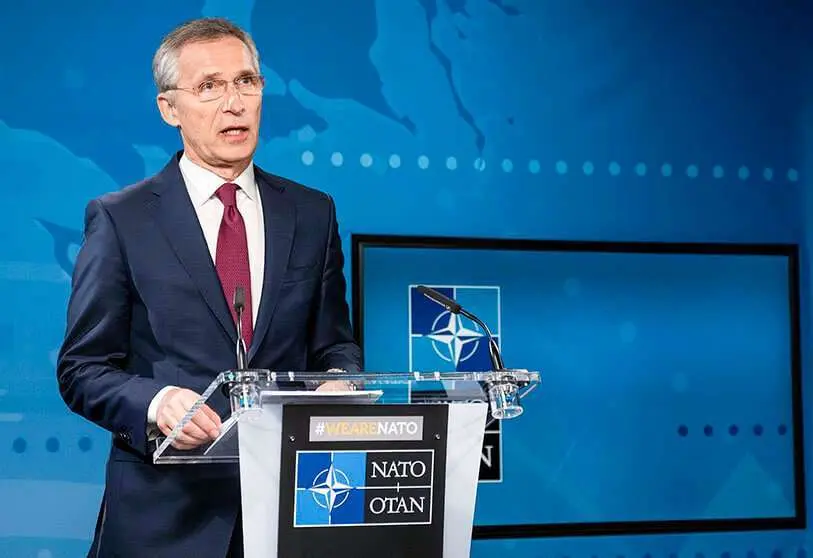China and the Pacific: New challenges for NATO

NATO Secretary General Jens Stoltenberg said this week that China has become a challenge for NATO to deal with in the coming years and said the alliance will seek to strengthen its partnership with Pacific countries such as Australia, New Zealand, Japan and South Korea. "NATO does not see China as the new enemy or adversary, but what we do see is that China's rise is fundamentally changing the global balance of power," Stoltenberg said.
Stoltenberg spoke at a video conference organized by the Atlantic Council and the German Marshall Fund about the reflection on the future of the Alliance that NATO has been engaged in since Allied leaders requested it at their summit in London last December. To this end, a working group of experts has been promoted and, Stoltenberg said, in the coming months the debate will be opened to member states, the public and private sectors and young leaders, in order to assess how to face the challenges of tomorrow.
"We must remain strong militarily but more united politically and have a broader global approach," said the Norwegian politician, while calling for "political will to use NATO" as a platform between Europe and America. The allied secretary-general referred to the known threats from Russia or terrorist groups such as the Islamic state, but stressed that "the rise of China is fundamentally changing the global balance of power. "It is heating up the race for economic and technological supremacy. It multiplies the threats to open societies and individual freedoms. And it increases competition over our values and our way of life," he said.
With China "approaching us from the Arctic or cyberspace," he said NATO needs to have a "more global approach" rather than a "global presence". Over the next ten years, he said NATO must work "even more closely with like-minded countries" such as "Australia, Japan, New Zealand, South Korea" to "defend the global norms and institutions that have kept us safe for decades. "To set norms and standards, in space and cyberspace, on new technologies and global arms control. And ultimately to defend a world built on freedom and democracy, not on intimidation and coercion," he added.
Stoltenberg called for "working together" to "strengthen the resilience of our societies and our economies" to "ensure that we do not import vulnerabilities in our critical infrastructure, industries and supply chains," he concluded.









